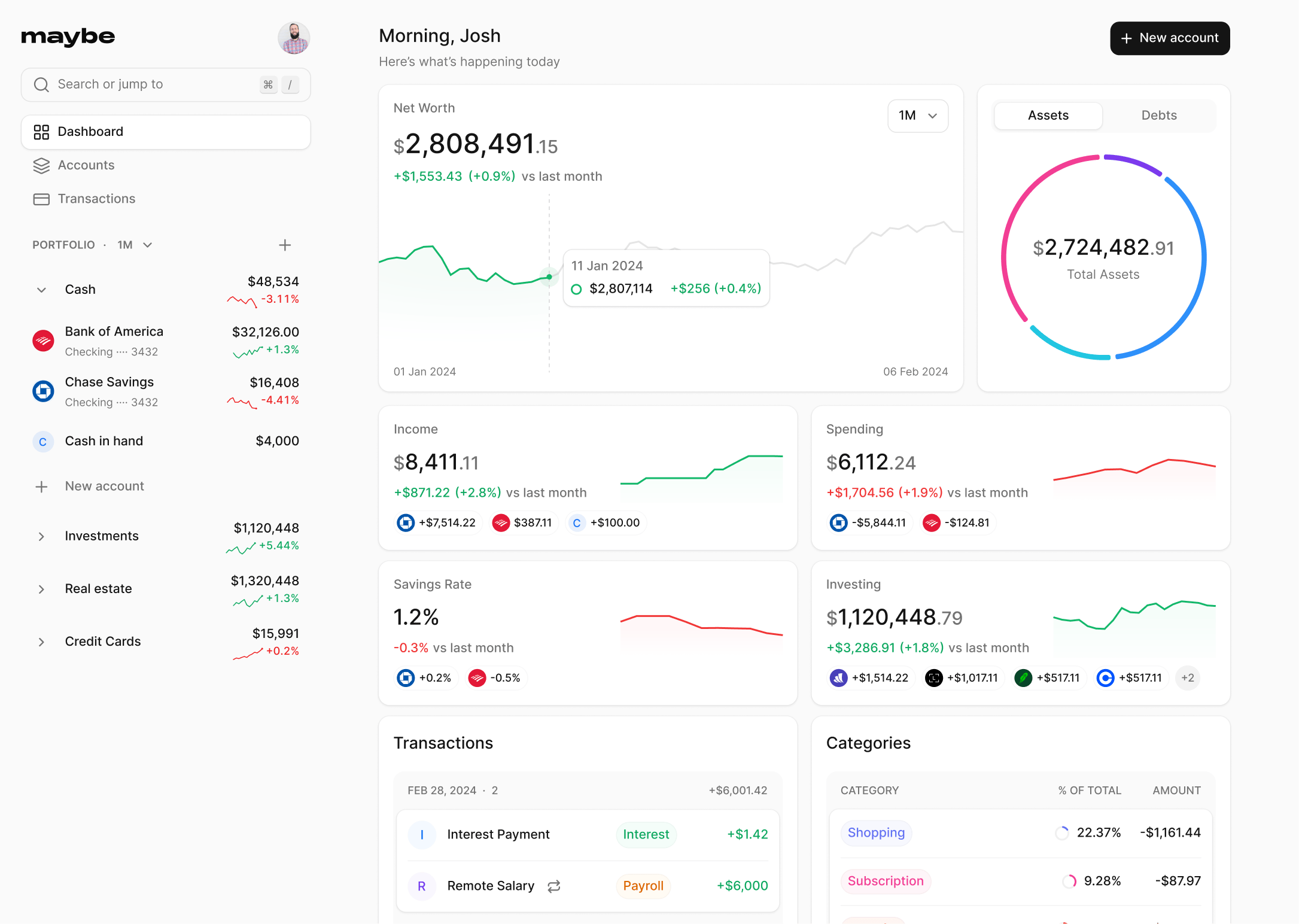Ask the Advisor: House repair savings vs loan?
Author
Travis Woods
How do we balance the amount of house repair fund we should keep in savings vs. when to take out a loan?
I'm in my mid-thirties and my partner and I just bought our first house in 2020.
Up until now, we had been renting in Boston, MA for the previous 12 years. I read Ramit's IWTYTBR in 2009 in the first year after I graduated college and we have been very disciplined about saving via his automated finance system.
We've got retirement in savings in a 401k where I work now, a rollover traditional IRA in Vanguard for each of us capturing old retirement accounts from past jobs. And a Roth IRA for each of us, too.
We also have a local bank that we love, and then also have an online savings account that gives us a bit of a higher interest rate where we have different spending goals/buckets where we contribute each month.
In buying our home we knew there'd be some large expenditures we'd need to pay for in the next 1-3 years: we need a new roof, new furnace, and we're also looking to do environmentally conscience upgrades for efficiency for things like adding insulation and choosing a more efficient water heater.
Here's what we're struggling with...
While we were saving for a down payment, we had a large amount of cash sitting in a down payment fund.
We've now changed that sub-account to be a Home Repairs fund. This is separate from our emergency fund, which we have saved 6 months of expenses in case an unexpected job loss or health issue comes up.
As we build up our home repair savings amount for larger capital expenses (our roof which is getting done this summer is going to cost $24,000 and we also know we have ~$8,000 in heating/furnace updates in the next year as well).
And, as many homeowners know, we anticipate there could be a $1500 surprise here are there as we get to know the house we bought and realize something else needs updating.
We have about $33,000 in the home repair savings account right now.
We are trying to figure out what the smartest decision is around paying for both the roof & heating furnace repairs completely with cash. Or if that's a bad idea since it really spends down a lot of our savings all in one go.
We have good credit so could access good interest rates on loans if we need it.
But, is it foolish to take out a 3.8% interest loan just so savings can sit in the bank getting a MUCH lower interest amount?
The benefit of doing the loan and paying it back slowly is that there is a large cushion in the bank if an unexpected expense pops up.
Our Answer:
First off, let me congratulate you and your partner on your diligence and organization.
While creating your own system for spending, savings, etc., may seem inconsequential, it is precisely what moves the needle.
Small changes can add up and lead to big wins.
Secondly, as crazy as it sounds, you are not alone in struggling with spending money.
Think about it, we've been conditioned to think that saving money is good and spending money is not necessarily bad, but that it isn't good either.
Let's be honest, it's hard to spend money you've worked really hard to save. Even if you're spending it on the exact thing you've been saving for!
Like most things in personal finance, the answer to your question will have more to do with the personal component than the finance component. With that, I think the question you and your partner want to explore together is:
What action will help us sleep better at night?
It sounds like the main deterrent to completely paying for the expenses with cash is the worry something could go wrong and you'd need that cash. But I think you've addressed that risk by having a healthy emergency fund.
Additionally, you have good credit that you could use to generate cash if the worst-case happened.
Now, let's look at opportunity cost.
In exploring opportunity cost, we want to answer:
What would I do with the cash if I didn't use it for these expenses?
It sounds like those funds would be sitting in a savings account making ~0.50%. Compared to a loan costing you 3.8%, paying for the expenses with cash makes sense.
Here's the reality though — it is one thing to write a check for $33,000 because it makes sense in a spreadsheet. And an entirely different thing to actually write a check for $33,000 — money you've sacrificed to save — and see it leave your checking account.
I don't care who you are, that hurts.
So let's say you borrowed $33,000 at 3.8% and paid it back over 12-months.
Your monthly payment would be $2,807 and your total interest cost (assuming monthly compounding) would be $683. If you spread the payment over 24-months, your monthly payment would be $1,430 and your total interest cost would be $1,322. Neither of those interest costs are detrimental.
If you decided to finance the purchases, you could almost view these interest costs as the price for peace of mind. Again, peace of mind is what you and your partner want to focus on here because I don't think the math makes a material difference.
A few other options to consider:
- Finance part of the purchase. If you can't decide what to do, split it down the middle. Pay for 50% upfront and finance the other 50%. If you get into making a few monthly payments and hate it, pay off the loan with the remaining cash. This allows you to break it up into bite-sized pieces.
- Ask the contractors if you can pay them over 6-months. They may not go for this but your only downside to asking — is them saying no.
Maybe: Can You Claim Financial Planning Fees as a Tax Deduction?

Josh Pigford
Maybe: The Best Budgeting Software for Nonprofit Organizations

Josh Pigford
Step-by-Step Instructions on How to Void a Check

Josh Pigford
Join the Maybe  waitlist
waitlist
Join the waitlist to get notified when a hosted version of the app is available.
